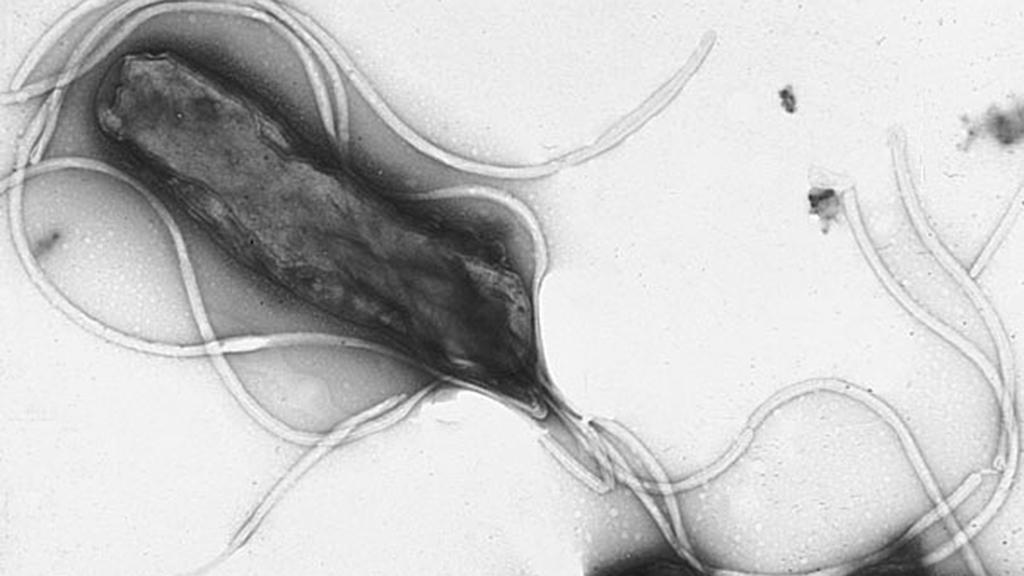Abstract
This case is an account of the events that led Drs. Robin Warren and Barry Marshall to the bacterial theory of ulcers. The two physicians refused to accept the standard explanations for what they had observed and instead developed an alternative hypothesis, saving countless patients from unnecessary pain and suffering. Along the way they transformed the way the medical community viewed peptic ulcer disease. The case shows the importance of curiosity, serendipity, and tenacity in scientific inquiry; how science is built upon the work of others; how assumptions can cloud people's views, leaving them closed to new ideas; and how scientific "truth" can and does change when faced with new data and new interpretations. It is appropriate for use in any course at the high school or undergraduate level that teaches students about the scientific method and/or the sociology, nature, and history of science.



